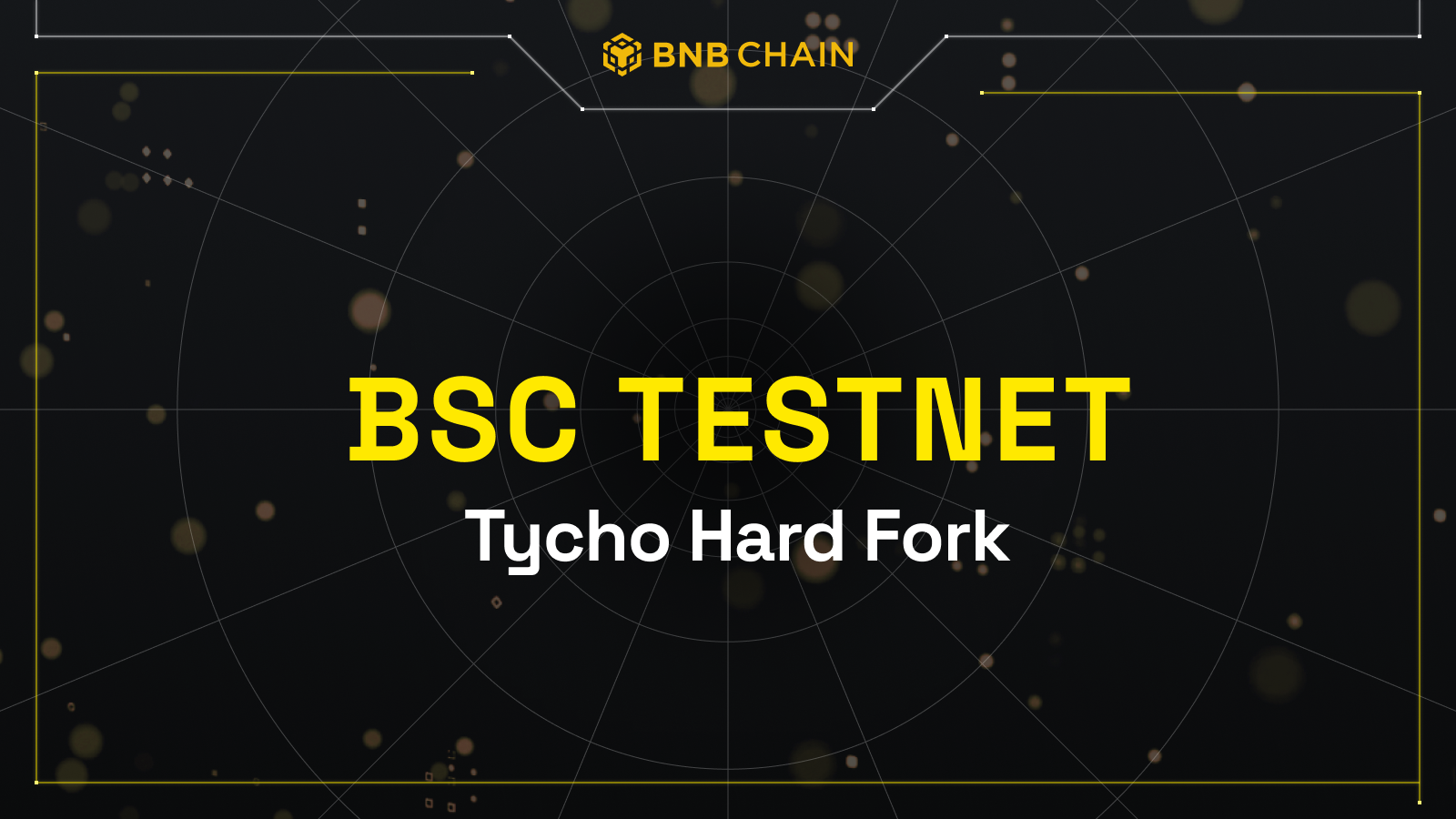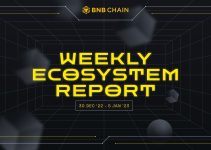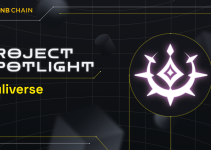Table of Contents

The BNB Smart Chain (BSC) ecosystem is on the brink of a major update with the upcoming Tycho hard fork. Scheduled to take place on the Testnet on April 17, 2024, at 05:07:22 AM UTC, with the Mainnet update anticipated around mid-June 2024.
One of the most notable introductions with Tycho is the support for Blob Transactions, a game-changer for Layer 2 (L2) rollups and a major step towards reducing operational costs within the ecosystem.
What are Blob Transactions?
A blob is a temporary and cost-effective memory segment designed to capture large data chunks, each up to 128 KB. These blobs are strategically crafted to streamline the network’s transaction verification process. Instead of individually verifying each transaction within a block, the network needs only to verify that the attached blob contains accurate data.
BSC’s upcoming Tycho hard fork will incorporate BEP-336, enabling the use of blob carrying transactions. Blob-carrying blocks will significantly benefit opBNB, the layer 2 network within the BNB ecosystem, by optimizing its use of BSC for data storage while maintaining the security benefits. The ephemeral nature of blobs means they won’t permanently occupy network space, reducing storage expenses and thereby lowering gas fees for end-users.
BSC vs Ethereum: The Difference in Approach
While both BSC and Ethereum are adopting similar mechanisms for blob transactions, there are distinct differences in their implementation:
| BSC | Ethereum | |
| Architecture | Blob block integrated directly on BSC nodes | Blob blocks housed on Consensus Layer |
| Blob price mechanism | Dynamic pricing model within a predefined price range | Just Dynamic pricing. |
Expanding the Horizon: Use Cases of Blob Transactions on BSC
- L2 Rollups: By enabling the cost-effective storage of transaction data, blob transactions will significantly enhance the efficiency of L2 rollups. This translates to higher transaction throughput, reduced fees, and improved overall network speed.
- Data Markets: The secure and economical storage capabilities of blobs pave the way for vibrant data markets on BSC. Participants can be incentivized to share valuable data, fostering innovation and the development of data-driven products and research.
- Decentralized Applications (Dapps): With the ability to store more data on-chain affordably, Dapps can become less dependent on external storage solutions. This opens up new avenues for Dapps to handle and manipulate large data sets directly on the blockchain, promoting greater decentralization and innovation.


